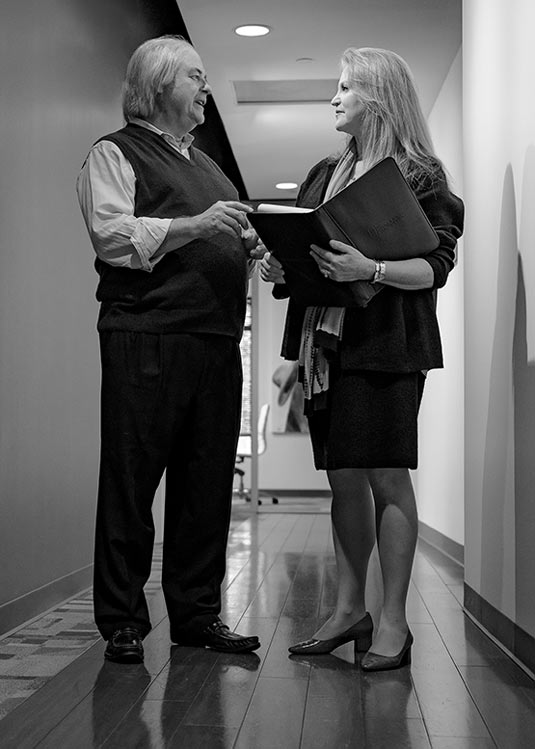What Is The Difference Between Medical Malpractice And Medical Negligence?
When a doctor fails to fulfill his or her duties of care to a patient, the consequences can be disastrous. Medical malpractice and medical negligence are two legal terms that are commonly interchanged. On a legal level, however, they do not have the same meaning. If you wish to bring a malpractice claim in Atlanta, you need to understand the nuances between these two legal theories, as well as the elements both require for plaintiffs to succeed.
What Is Medical Malpractice?
Medical malpractice is a tort, or wrongdoing, in the eyes of civil law. It describes a health care provider knowingly endangering a client through an action or omission that breaches the professional standards of care. A doctor who is guilty of medical malpractice understands the potential consequences of his or her actions but fails to act appropriately anyway.
An example of medical malpractice is a surgeon skipping a preoperative checklist to save time while knowing it means he or she could miss something extremely important, such as he or she is operating on the wrong patient. Medical malpractice gives injured patients the right to file liability claims for damages in Georgia. You may be able to hold someone legally responsible for medical malpractice in your case, depending on the situation.
Under Georgia Code Section 9-3-70, an action for medical malpractice is a legal claim for damages related to the injury or death of a patient. These types of claims can arise out of a lapse in care rendered by someone with the legal authority to perform medical, health, surgical, dental or other treatment services. These causes of action can arise out of the care or services rendered by a hospital, clinic, nursing home, institution or one of its employees as well.
What Is Medical Negligence?
Medical negligence is not as severe a tort as medical malpractice. It can still, however, cause great harm to patients. Medical negligence also refers to a breach of the health care provider’s duty of care, but in this case, the provider did not recognize that his or her actions were incorrect and could harm the patient. Any action or omission that a reasonable and prudent health care provider would not make in the same situation can constitute medical malpractice in Georgia.
- Misdiagnosis
- Delayed diagnosis
- Prescription error
- Misread test result
- Miscommunication
- Lack of a patient’s informed consent
- Surgical mistake
- Lack of proper patient care
- Birth injuries
In these scenarios, the physician did not bear any ill will toward the patient or intend to cause harm. Instead, the physician unintentionally made a careless mistake that caused a patient an injury or illness. The consequences of medical negligence, however, can be just as dire as medical malpractice for a patient. Both torts can lead to serious patient injuries or deaths, as well as civil lawsuits in Georgia.
Do You Have a Claim?
In Georgia, you could have a civil claim for either medical malpractice or medical negligence. Both are preventable torts that can destroy a patient’s chances of recovery. To succeed with your claim, however, you or your medical malpractice attorney will need to prove four key elements.
- You and the defendant had a doctor-patient relationship, giving the doctor a duty of care.
- The defendant negligently or knowingly breached his or her duty of care.
- You suffered compensable losses as a result of the defendant’s malpractice or negligence.
- The defendant’s breach of duty was the reason you suffered damages.
You will need evidence proving these four elements before the courts will award you financial compensation for medical malpractice or medical negligence. Evidence could include your medical records, eyewitness statements and testimony from medical experts. If you have questions about a medical malpractice or medical negligence case, call Hilley & Frieder at 404-795-6099 or get in touch via email.


